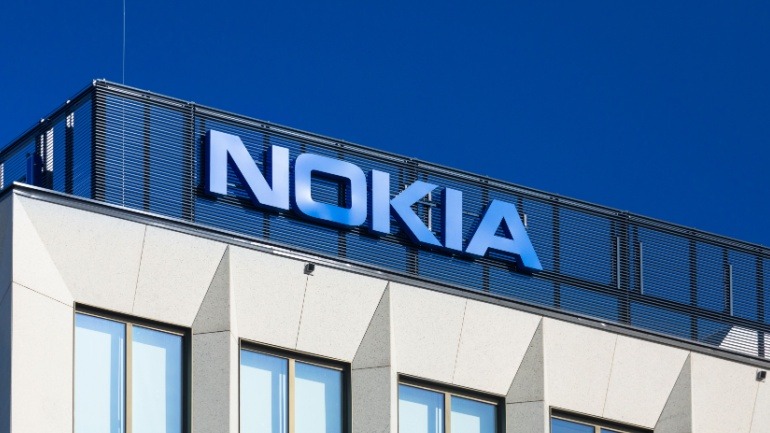Nokia’s recent decision to cut over 2,000 jobs in China and Europe is part of a broader strategic restructuring plan aimed at optimizing operations and realizing significant cost savings. This workforce reduction aligns with Nokia’s efforts to respond to changing global market dynamics.
Celona, a U.S.-based private networks specialist, is advancing into the Chinese market through a strategic partnership with Xingtera. This collaboration aims to deploy Celona’s innovative 5G LAN solution across industries such as manufacturing and logistics. Supported by Oriental Cable Network and Inspur, the partnership enhances secure wireless connectivity and accelerates digital transformation.
China is investing over $6.1 billion in data centers as part of its “East Data, West Computing” initiative. This project, launched in 2022, aims to balance data storage in the east with processing in the resource-rich west. The funding has established eight computing hubs, bolstering China’s digital infrastructure amid US sanctions.
Shanghai Spacecom Satellite Technology (SSST) is set to launch its first batch of satellites, challenging SpaceX’s Starlink. This launch, part of China’s G60 Starlink Plan, aims to deploy 15,000 low Earth orbit satellites by 2030, marking a significant step in China’s strategic competition with the United States.
DIDWW has launched outbound SIP trunking in China, providing local call termination services in 50 countries. This expansion boosts DIDWW’s global voice service reach, offering high-quality local routes. Businesses can enjoy seamless, efficient, and reliable two-way voice services. To activate SIP trunking, contact DIDWW sales for more details.
Chinese telecom engineers claim to have built the world’s first 6G field test network, as reported by China Daily. This experimental network demonstrates advancements in communication capacity and efficiency, leveraging existing 4G infrastructure. China aims to commercialize 6G by 2030, aspiring to set technology standards by 2025.
Chinese telecom operators have successfully deployed expansive 5G networks across all cities and towns, with 90% village coverage. Utilizing 3.84 million 5G base stations, they lead globally. This vast network supports diverse industries, enhancing connectivity. As 5G technology advances, with plans to incorporate 5G-Advanced (5G-A) and AI, the future of telecommunications looks promising.
PCCW has finalized an agreement to sell a 40% stake in its fibre business to China Merchants Group, a state-owned investor, for $870 million. The Hong Kong telecommunications company had been in talks with various potential buyers for months, but officially signed with the Chinese firm.
The United States government has launched an investigation into Chinese telecommunications companies China Mobile, China Telecom, and China Unicom amid fears that these firms might transfer US data to the Chinese government through their US cloud and wholesale routing services. According to Reuters, which cited three anonymous sources, the US Commerce Department has issued subpoenas to the three companies.
China’s telecommunication landscape is set for a potential paradigm shift as the Ministry of Industry and Information Technology (MIIT) pilots a novel scheme to alleviate foreign ownership constraints in various value-added telecom services. Primarily trialed in Beijing, Shanghai, Hainan, and Shenzhen, this bold change could stimulate innovation by aligning these industries with global trade norms.













